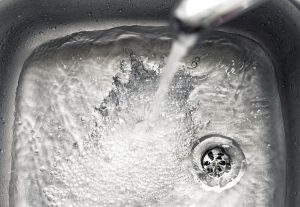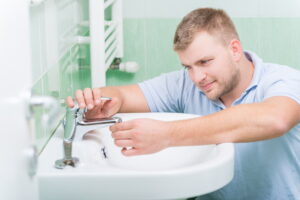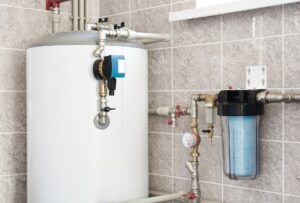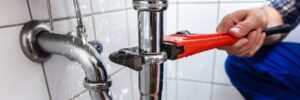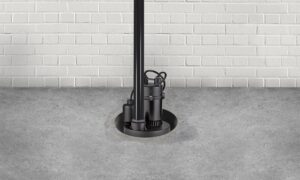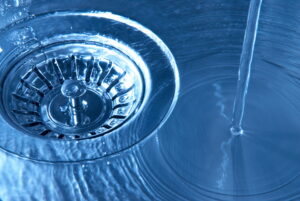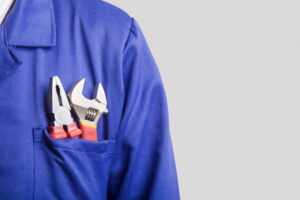Your sink drain has finally called it quits and you’re thinking that it’s finally time to make an upgrade. By your best guess, your sink has to be roughly 20-25 years old at least, so it’s a miracle that those pipes lasted as long as they did. But now you’d like to make the best decision for your home’s future without breaking the bank. What do you do? Where do you start?
Congratulations! Welcome to the world of plumbing upgrades and replacements. We’re glad you’re trying to do your research before ripping anything out of the wall or unscrewing something that starts to leak. This due diligence will go a long way in making your home more comfortable and keeping your budget in a good place.
But where do you start when it comes to a plumbing replacement in Worcester County, MA? How can you know that you’re making a good decision?
Well, you can call us first and then read this blog to walk through a few important tips that could make all the difference.

